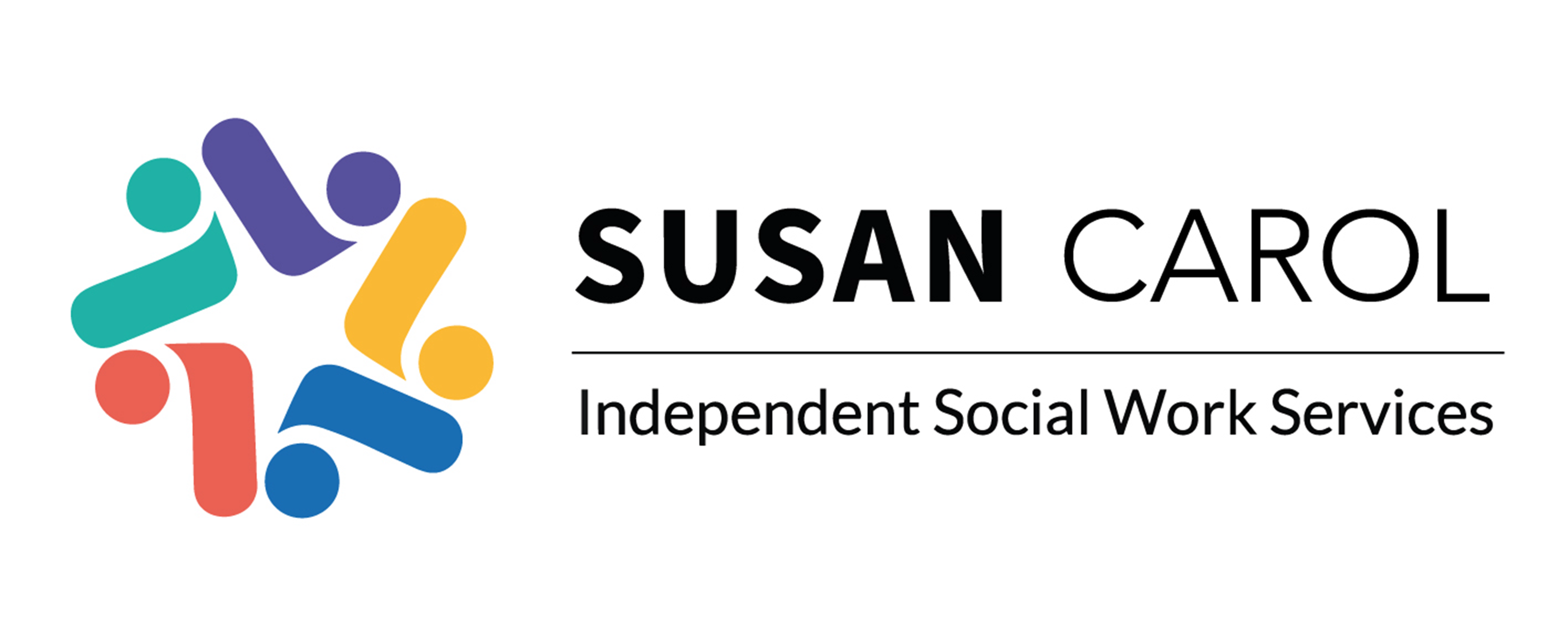Read my blog which provides tips and a practical discussion on how to record mental capacity assessments which I hope will be useful for social work students and qualified social workers in their day-to-day work.
What social workers have reported to me is that they have not received any training on how to record a mental capacity assessment. The recording templates used by organisations are not all the same, the electronic recording systems can also be slightly different. Social workers need to become familiar with the recording template used in their organisation and use it creatively to include all relevant information to support their decision making.
Recording mental capacity assessments is a skill. I have found, from viewing several mental capacity assessments, that social workers can tend to place the bulk of their report content into one area only neglecting others. There can be a lack of description and balancing of the information to come to a reasoned conclusion.
I think the form does not lend itself to use of holistic assessment information to support the assessment outcome and therefore social workers needs to be creative about this depending on the format their organisation uses. It may be that other sources of information are highly relevant to evidence the person’s understanding of a particular decision. It is difficult for staff to have the confidence to include other information because the assessment is decision and time specific. However, in my opinion including relevant information which leads the assessor to make their reasoned conclusion should be documented because it evidences why the assessor has reached a final outcome. This is helpful in cases where a person is saying one thing but doing another.
I recommend separating out information from the assessment in the four areas understand, retain, weigh up and communicate and placing relevant pieces of information in each area. This will help to minimise the amount of repetition and focusing heavily on one area more than others.
It is good practice to use direct quotes of what the person has said to illustrate your reasoning. Also explaining why, the person is deemed as unable to weigh the information up rather than simply stating this for example ‘P was unable to use or weigh up the information provided’. Blanket statements should be avoided without a clear explanation.
